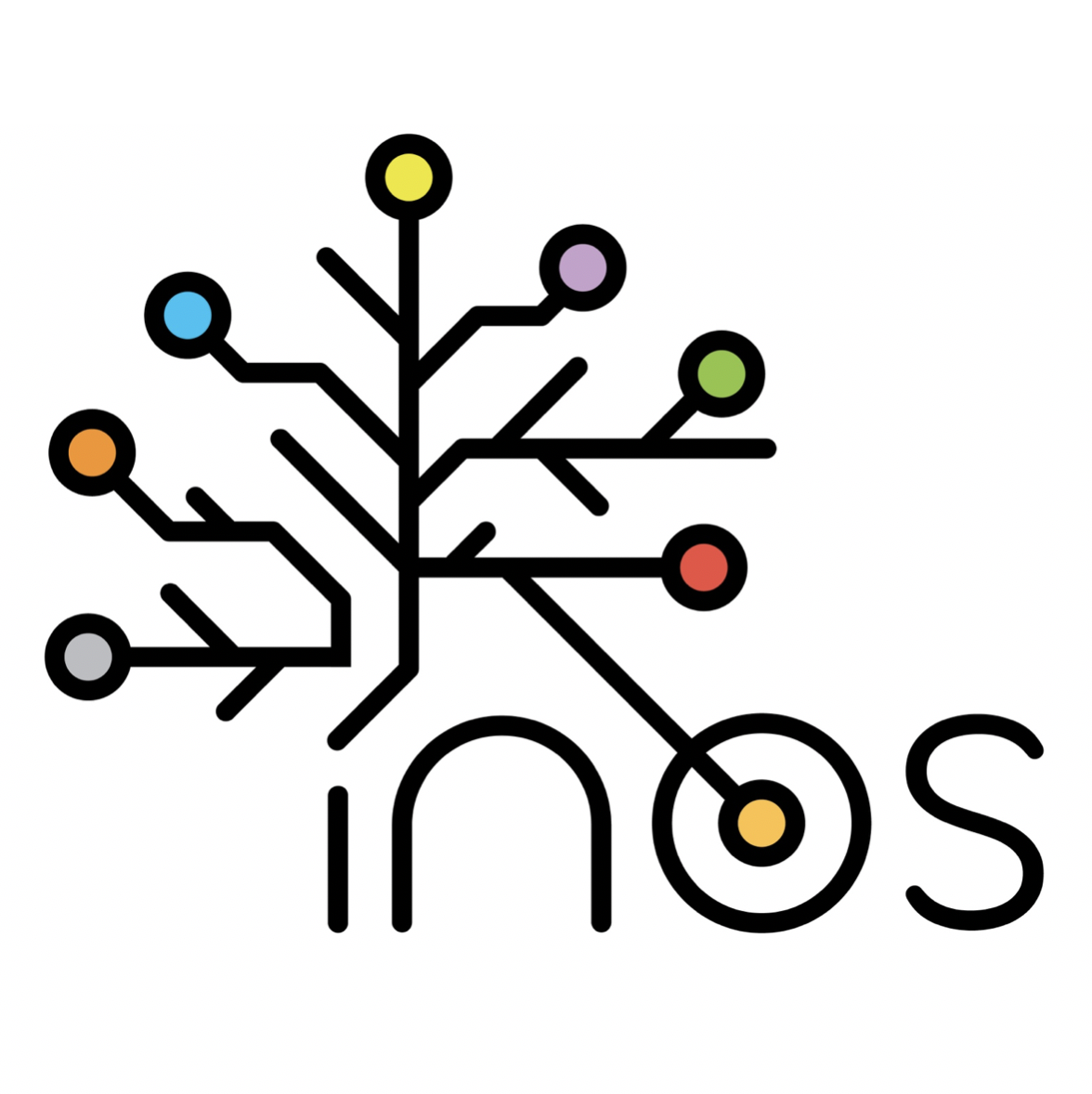
INOS – Integrating Open and Citizen Science into Active Learning Approaches in Higher Education
Welcome
This is the official website for the INOS project, which is funded under the Erasmus+ Programme
Motivation
Open Science (OS) and one of its components, citizen science (CS) are not new in the European Union although their growth is exponential: over the last decade, OS has rapidly become a catalyst in shaping research and society in the EU and an increasing number of CS initiatives engage citizens in digitized projects for a social purpose in an open framework of collaboration. The INOS project (Integrating open and citizen science into active learning approaches in higher education) stimulates Open Science, aiming at “transforming science through ICT tools, networks and media, to make research more open, global, collaborative, creative and closer to society” (DG Connect).
Project aim
INOS aims at combining Higher Education (HE) curricula with open and citizen science activities and thus upskill HE academic and library staff and students in sustaining technology-mediated social participation inside and outside the University and at different sectors (applied sciences and Social Sciences and Humanities (SSH) disciplines). Subsequently, INOS proposes to cross-fertilize academic and citizen practice as a means of strengthening the HE role to the knowledge base of science with and for society.
More precisely…
Among the several understandings of OS, we aim at open knowledge (OK) and open innovation (OI) as two sides of the OS coin, to achieve more focused, evidence-based results.
OS brings new opportunities to the HE sector, as it urges HEIs to reconsider their societal role. However, HEIs are not always ready to cater to the increasing demands for more public engagement with science and technology, openness and active citizenship. On the other hand, CS initiatives are not always grounded on well tested pedagogical models facilitating an active learning and participation process of technology mediated social participation in the open. Finally, despite the recent interest in OS and CS, mainstreaming in HE curricula, change in HE skills and in HE teaching practice is scarce.
Project goals and corresponding results include:
- generate an evidence-based overview of trends in OS (and CS) public activities and question the role that HEIs assume.
- solidify OS (and CS) practice.
- encourage a collaborative effort between citizens together with HE staff and students.
- encourage collaboration and multidisciplinary approaches between students and HE staff.
- upskill HE staff (academic and library) and students.
- trigger policy change by raising awareness on societal impact from OS (and CS) inside and outside HEIs. Two vision-building workshops with 30 participants each, and a LIBER pre-conference workshop with 30 attendants will be organised. A Roadmap for capacity building on OS/CS for research libraries, a Report on Stakeholders’ Consultation and Vision & Policy recommendations will be released openly (O6).
In addition, multiplier events will be held to promote INOS results and ensure transferability.
Target group
INOS addresses a wide spectrum of stakeholders: HEI management, academic and library staff, students, policy makers, funding bodies, business stakeholders, European and international networks for training and skills related to OS and CS.
